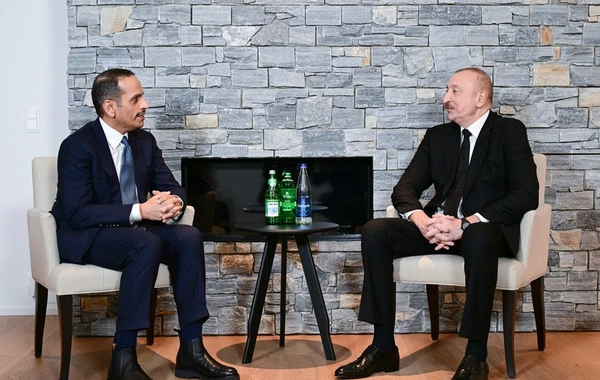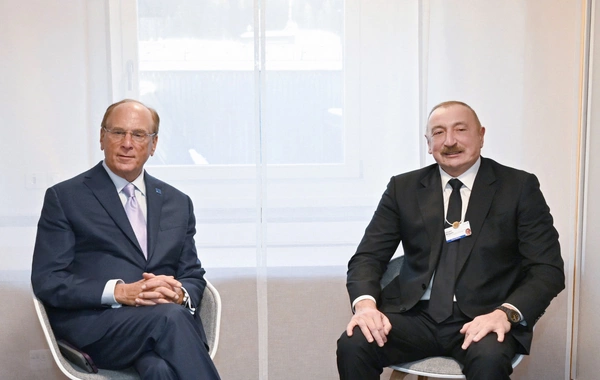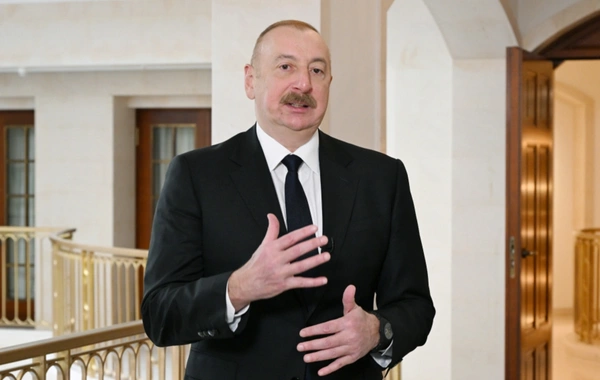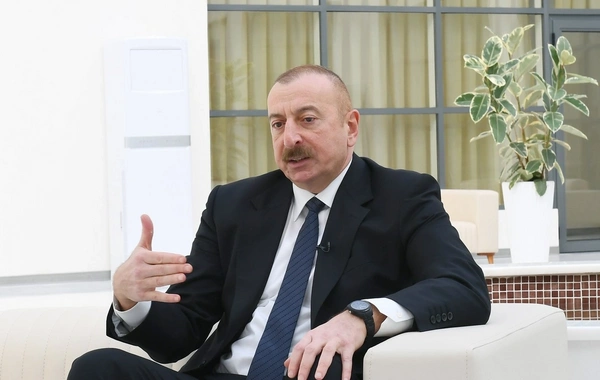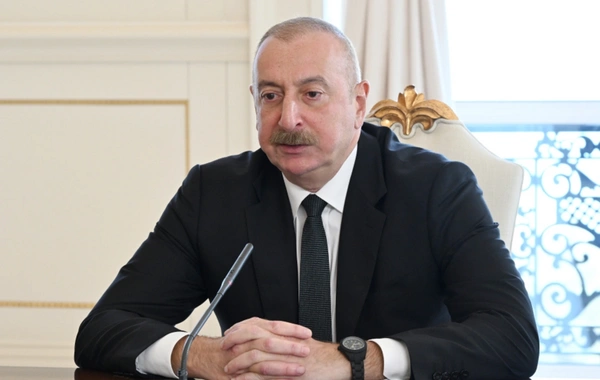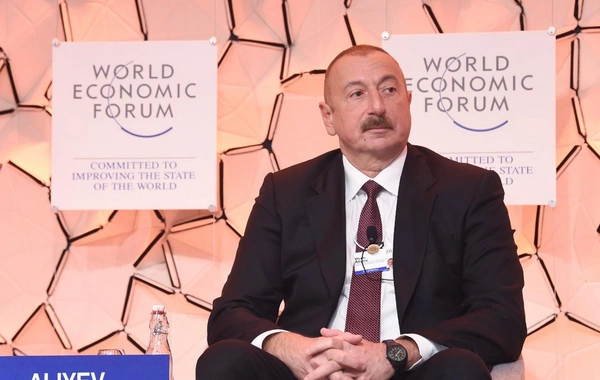Named the profession that AI will never replace
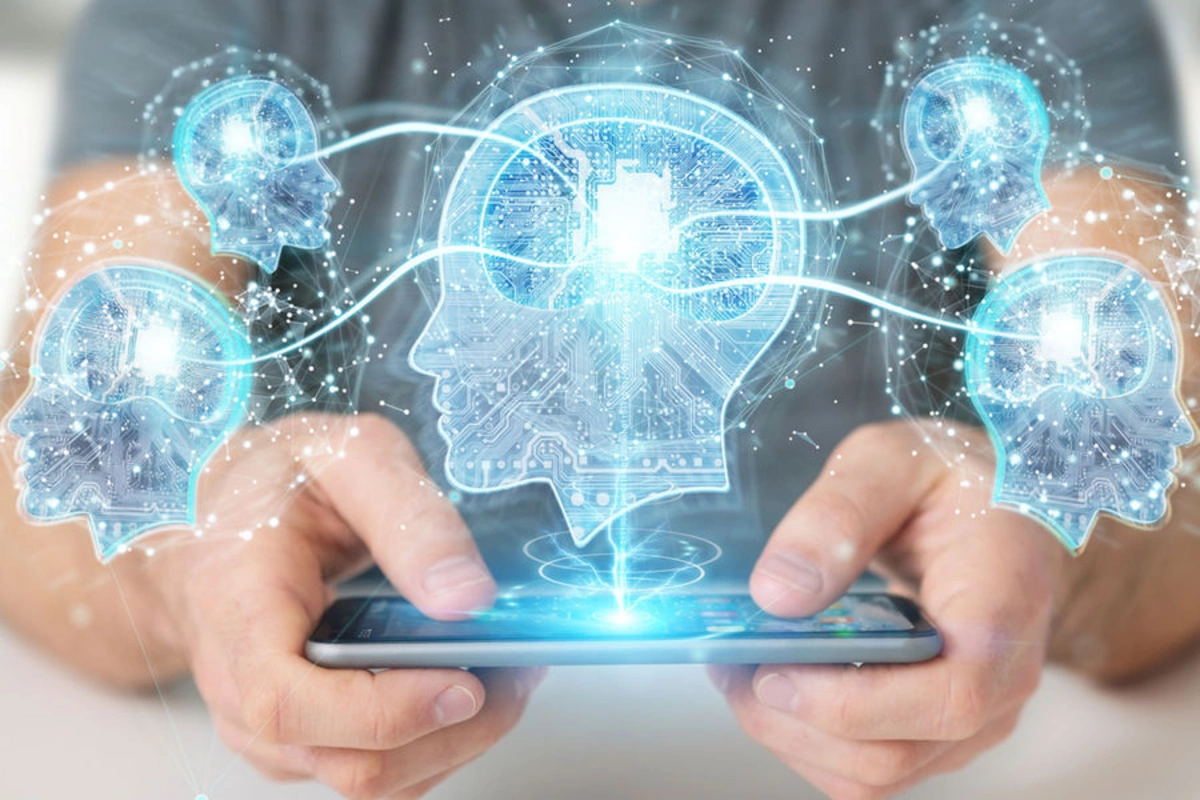
Even in the age of rapid development of artificial intelligence, the role of historians is only increasing, scientists believe. The reason is that no algorithm is capable of capturing the emotional and moral depth of past events. This was stated by Ian Burtzlaff, a specialist in the history of Nazi Germany from Cornell University. The work was published in the journal Rethinking History (RH).
In his research, the scientist analyzed how ChatGPT retells the testimonies of Holocaust survivors recorded in La Paz, Krakow, and Connecticut in 1995.
It turned out that AI misses crucial details. For example, in the testimony of seven-year-old Louise D. about how her mother cut her finger so that the dying child could receive "at least a drop of moisture" from drops of blood, ChatGPT bypassed this episode.
"If artificial intelligence is not able to convey even such scenes - the limit of human suffering in modern history - then it will distort more 'subtle' narratives," emphasized Burtzlaff. "Historians are needed because they know how to hear and interpret. AI only knows how to generalize."
The researcher notes that systems like ChatGPT can offer an unexpected perspective, but at the same time strive to "simplify" history, including such tragedies as the Holocaust, which cannot be reduced to a clear and linear narrative.
He calls the testimonies of victims a "litmus test" for AI: "Algorithms smooth and organize, whereas the historian's task is to preserve ethical weight."
In the article, he presented five principles for researchers and teachers working with themes of trauma, genocide, and historical injustice. The main one: historians should sound "not like machines" - rely on unique testimonies, not on repetitive patterns.
"At stake is not only the memory of the Holocaust, but also how all societies will remember and interpret their past in the age of algorithms," concluded Burtzlaff.
Similar News
Russia wants to introduce a new ban for migrants
It is worth limiting the number of bank accounts for foreign citizens in Russia and allowing them to be opened exclusively with foreign passports. As BAKU.WS re...




 Azərbaycanca
Azərbaycanca  По-русски
По-русски  English
English 

